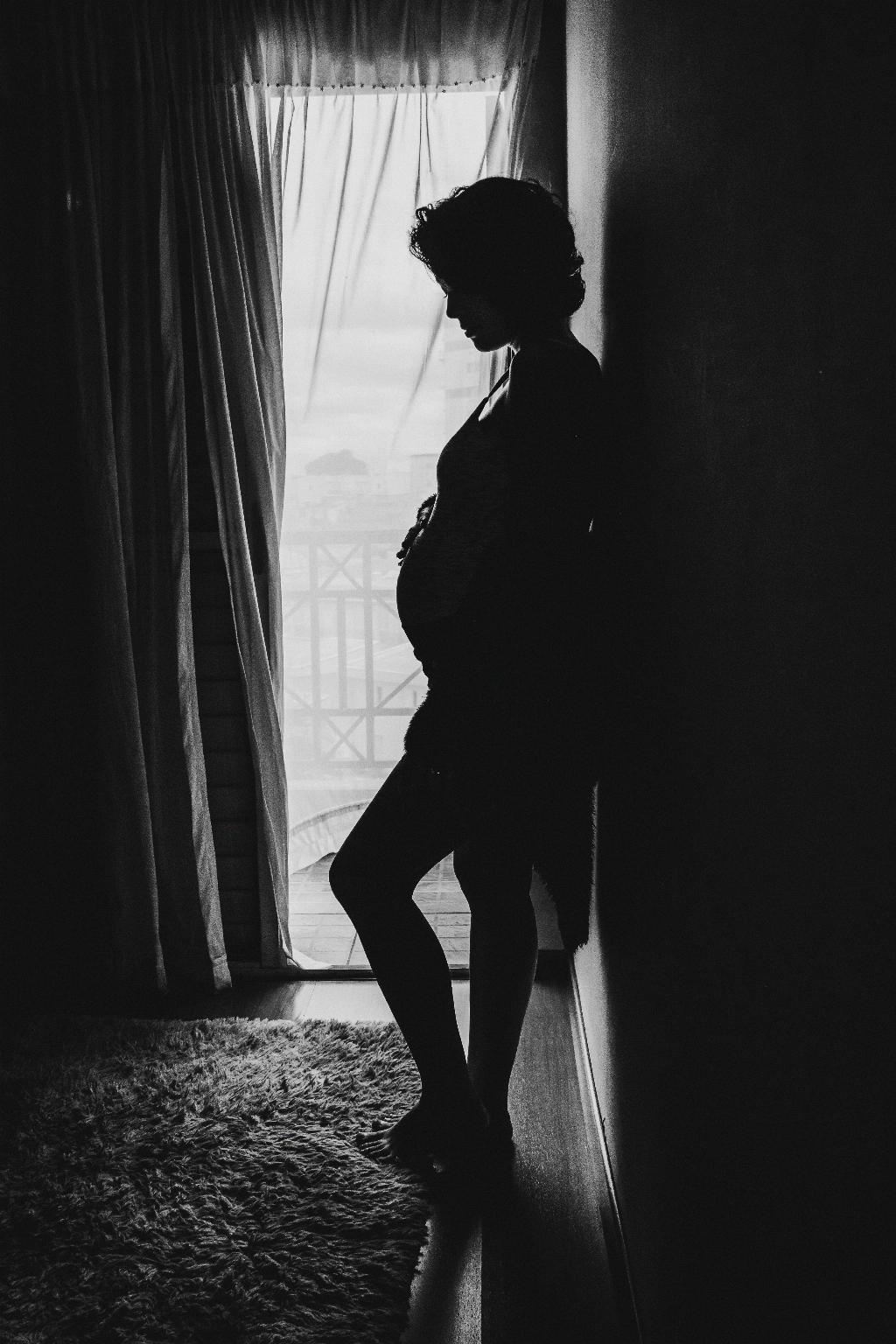Experiencing tingling sensations during pregnancy is a common occurrence among many expectant mothers. This tingling sensation can be attributed to various factors related to the changes happening in your body as you carry your growing baby. One of the key reasons behind this sensation is the swelling that often occurs in the hands and feet, particularly in the second and third trimesters of pregnancy. This swelling is typically caused by water retention and can lead to discomfort and tingling sensations in different parts of your body.
As your body retains more fluids during pregnancy, the increased pressure can put a strain on the nerves in areas like your wrists, back, legs, thighs, and buttocks. This pressure on the nerves can result in tingling sensations that you may feel at various times throughout your pregnancy journey. It’s essential to understand that these sensations are usually a natural part of the pregnancy process and are not always a cause for concern.
For many women, the tingling sensations tend to start becoming more noticeable in the second trimester as the body undergoes significant changes to accommodate the growing baby. During this period, the increased blood volume and hormonal fluctuations can contribute to feelings of numbness and tingling in the extremities. It’s crucial to stay mindful of these changes and communicate any concerns with your healthcare provider to ensure proper monitoring and guidance throughout your pregnancy.
While the tingling sensations can be uncomfortable at times, there are steps you can take to alleviate some of the discomfort. Simple exercises and stretches that promote blood circulation can help reduce the pressure on the nerves and alleviate tingling sensations. Additionally, maintaining good posture and avoiding prolonged periods of standing or sitting can also help prevent further aggravation of these symptoms.
Some expectant mothers may find relief from tingling sensations by engaging in activities like prenatal yoga or gentle massages that promote relaxation and stress relief. These practices not only help ease physical discomfort but also contribute to overall well-being during pregnancy. It’s essential to listen to your body and prioritize self-care to ensure a smooth and comfortable pregnancy experience.
It’s worth noting that tingling sensations during pregnancy are a temporary phenomenon for most women and often resolve on their own after giving birth. However, if you experience persistent or severe tingling, numbness, or pain that disrupts your daily activities or sleep, it’s crucial to seek guidance from your healthcare provider promptly. Addressing any concerning symptoms early on can help prevent potential complications and ensure the best possible outcome for you and your baby.
Remember that every pregnancy is unique, and it’s normal to experience a range of physical changes and sensations along the way. By staying informed, keeping open communication with your healthcare team, and practicing self-care strategies that work for you, you can navigate through the journey of pregnancy with greater ease and confidence. Embrace the changes happening in your body and trust in your ability to adapt and thrive throughout this transformative time.

